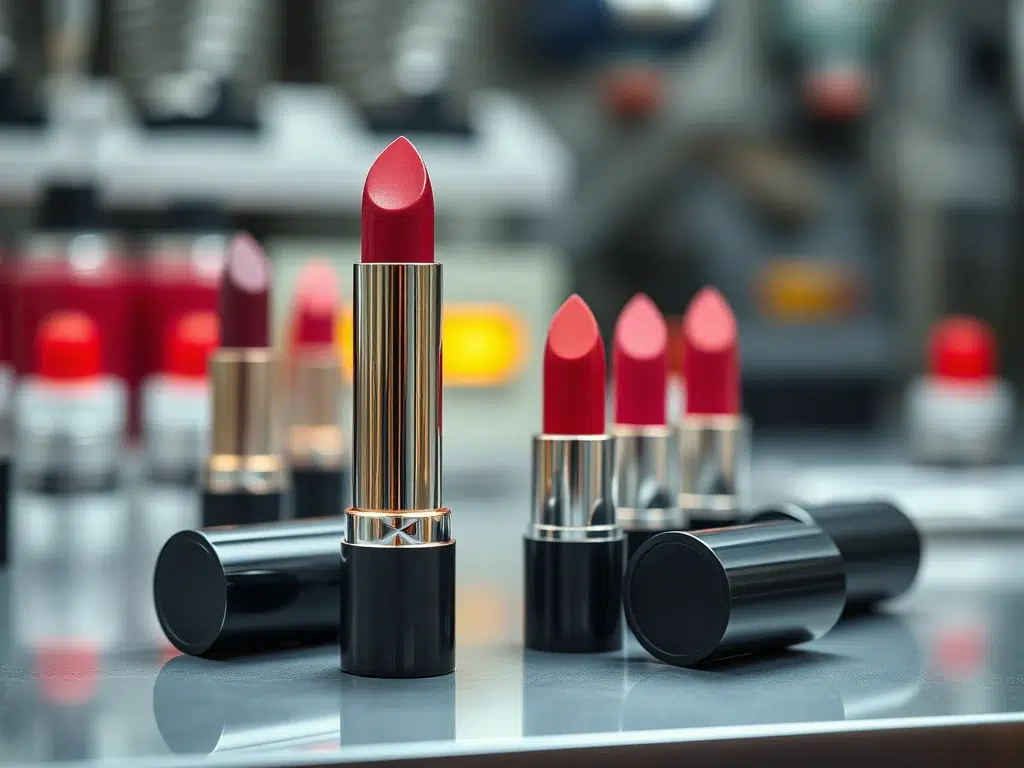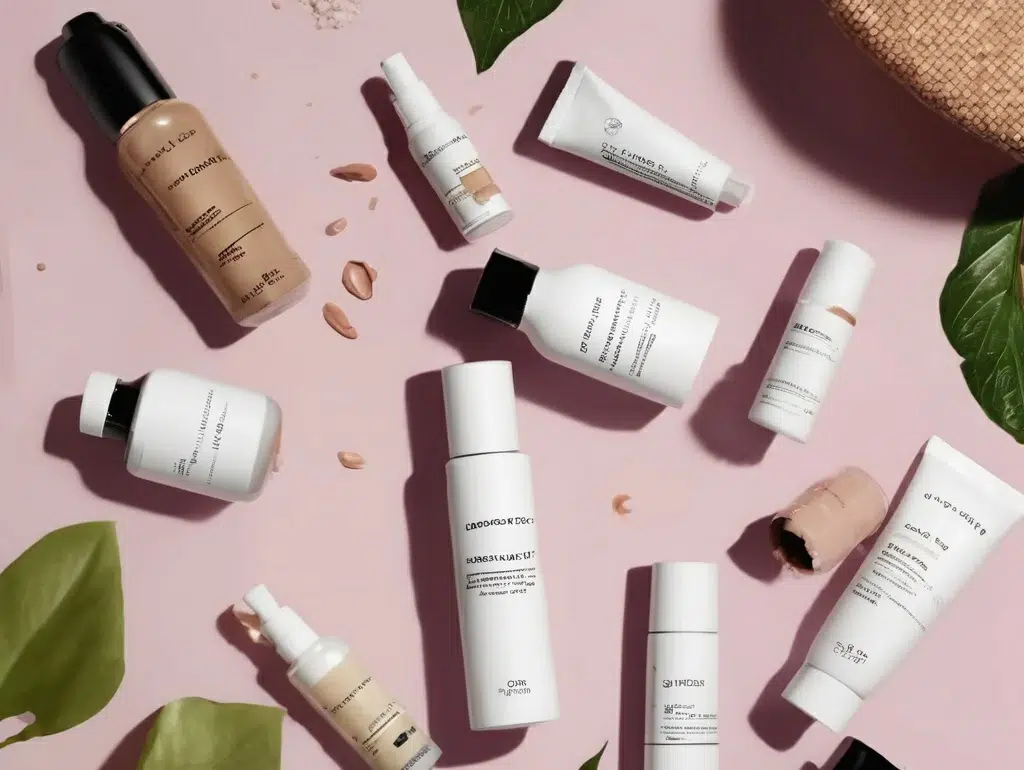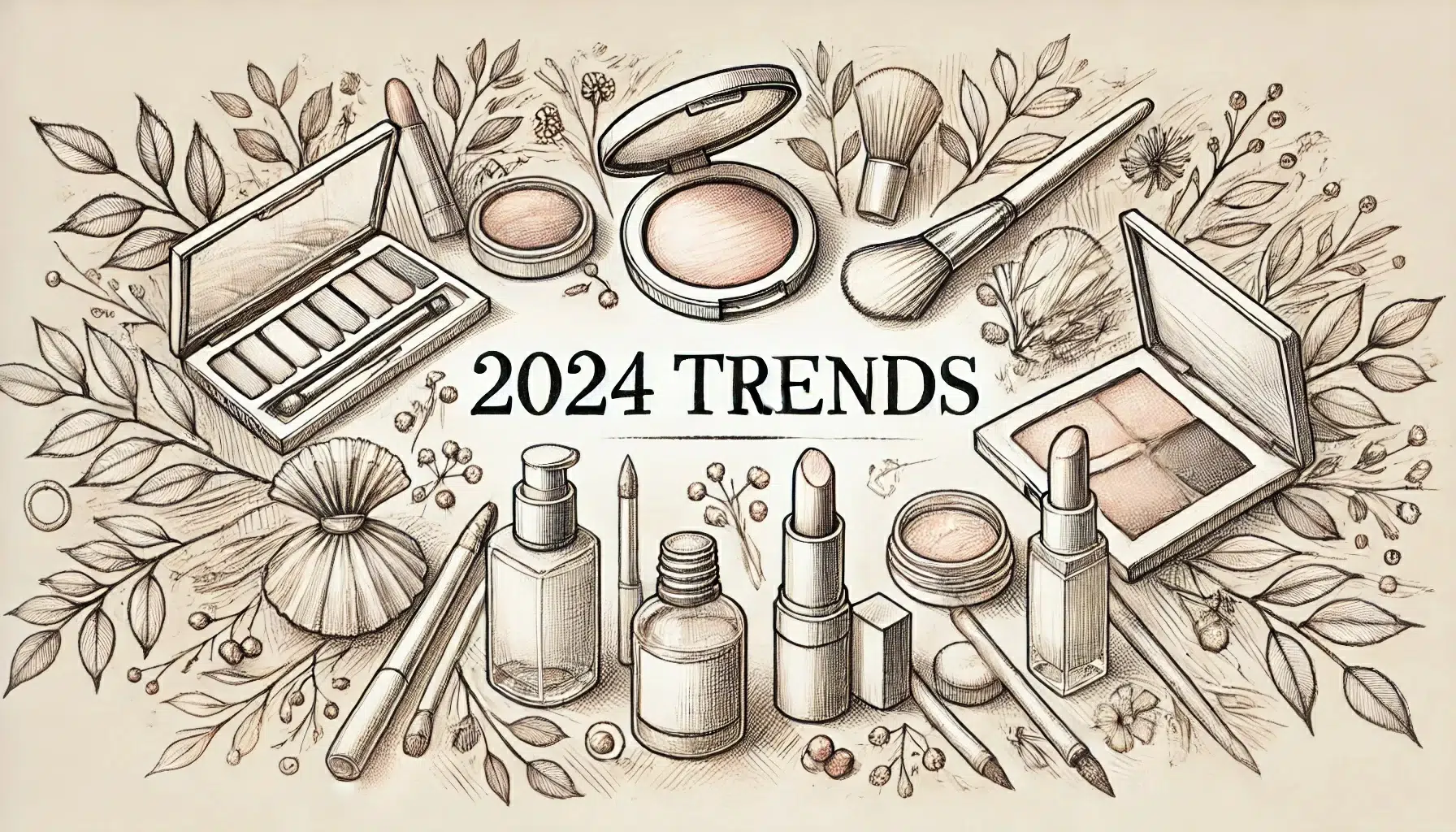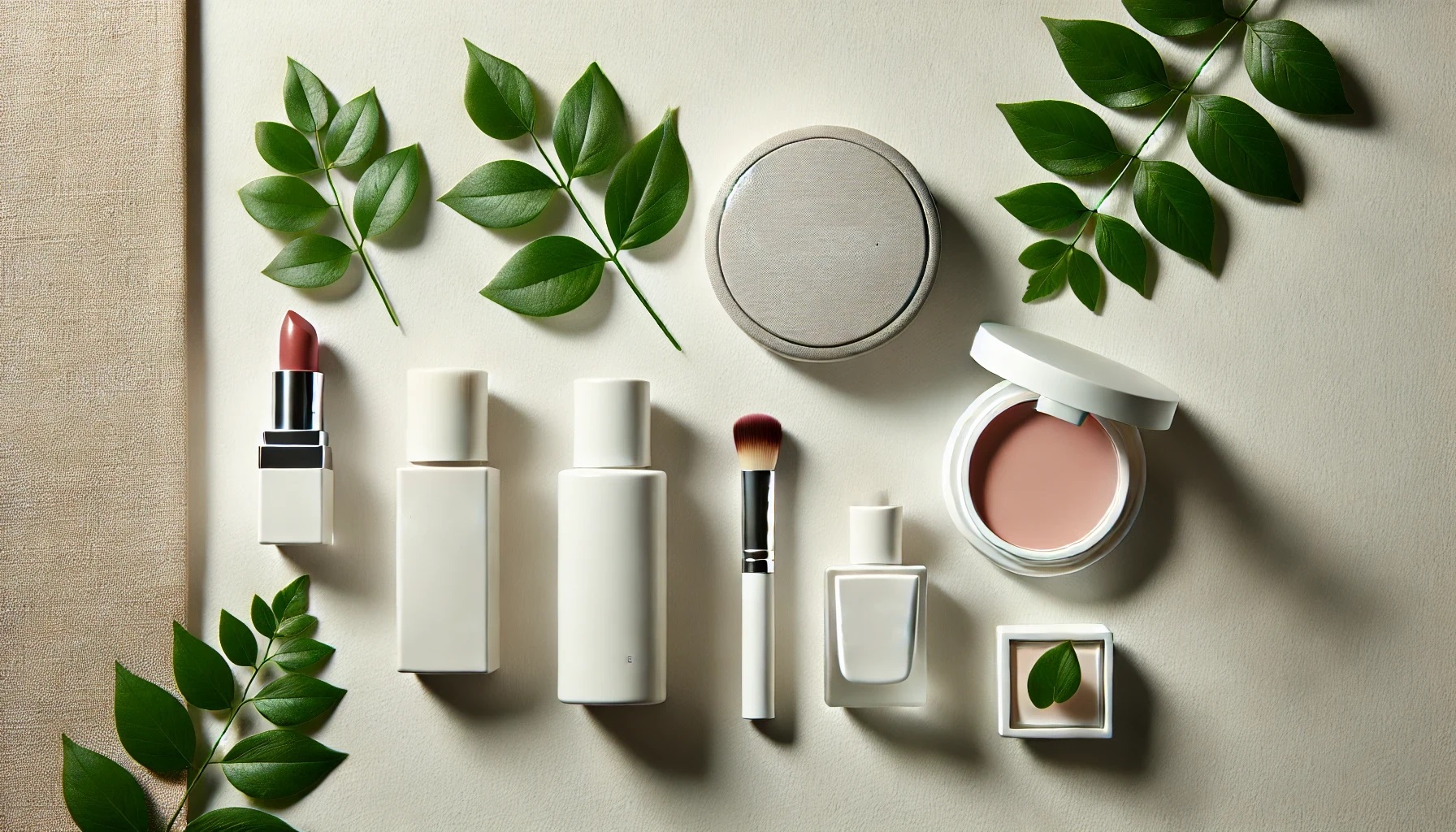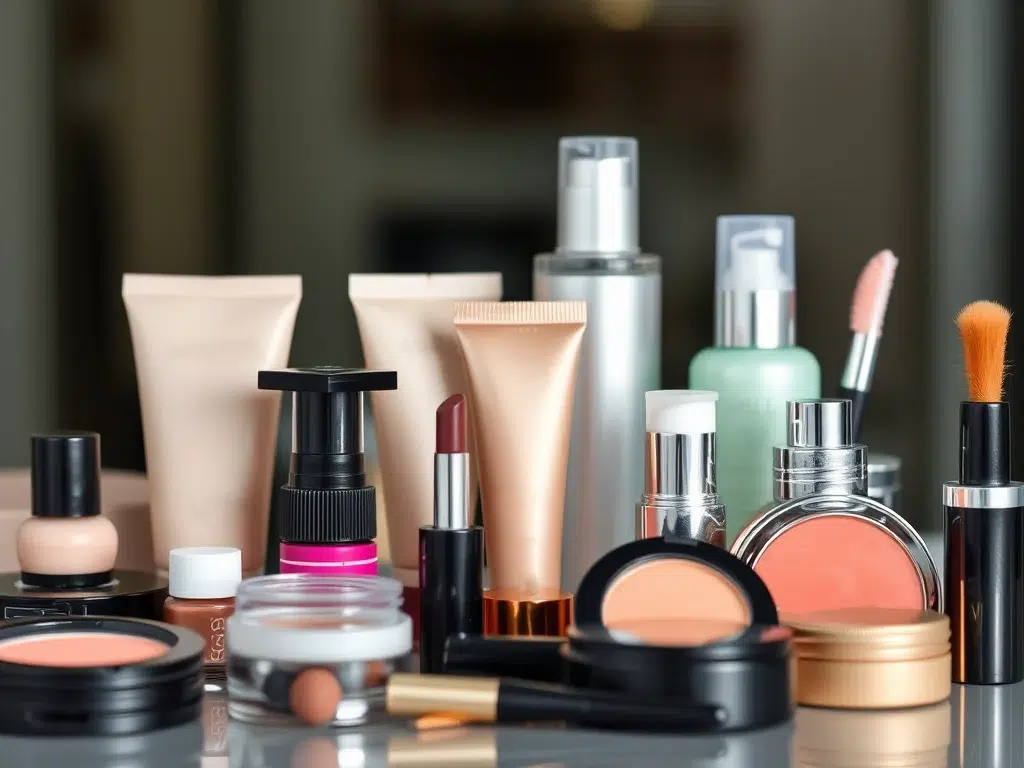
Private Label Skin Care vs. Cosmetics: Unveiling the Beauty Branding Battle
Share This Article With
The beauty industry is vibrant, competitive, and ever-evolving to meet the demands of customers. And it is because of these changing demands that private-label skincare and cosmetics were born.
Table of Contents
Both contenders offer unique advantages and cater to distinct customer preferences. And when it comes to branding, both offer unique opportunities and challenges. Understanding the intricacies of this battle is essential for beauty industry entrepreneurs looking to establish and grow their brands in the highly competitive space.
The information below explores the concepts of private-label skin care and cosmetics, analyzing the best strategies and advantages. By the end, beauty industry entrepreneurs should gain a deeper understanding of the strategies needed for successfully branding either concept.
Understanding Private Label Skin Care

Skincare products under a private label are manufactured by one company and sold under another brand’s name. In this context, such products include toners, moisturizers, serums, cleansers, and masks.
The process involves custom manufacturing of the formulas as specified by the brand. Therefore, the brand selects the product’s synthetic or organic ingredients.

A private-label skin care brand has multiple advantages, such as customizing offerings. They can select specific fragrances, ingredients, and packaging options that resonate with the brand and cater to customers’ needs.
In addition, private label products can cater to niche audiences so brands can reach untapped markets such as skincare for athletes, vegans, people in the service industry, and older adults.
Understanding Private Label Cosmetics

Like skincare, cosmetic products under a private label are manufactured by one company and then sold under the company’s brand name.
Entrepreneurs who choose this route for their own line have the freedom of control as they can choose specific ingredients and formulations to create the products. It gives enterprises a competitive edge in the cosmetics industry as they can cater to niche markets.
Similarly, they can create their own packaging to help the brand stand out. The private label route also offers higher profit margins since the company has lower production costs.
The Battle: Private Label Skin Care vs. Cosmetics Branding
While private-label skincare and cosmetics seem similar, they cater to distinct consumer needs. Skincare focuses on products that enhance and improve the skin’s health and appearance. On the other hand, cosmetics revolve around makeup products that enhance beauty, emphasize features, hide unwanted blemishes, and create creative looks.
Importance of Branding in the Beauty Industry for Private Labels
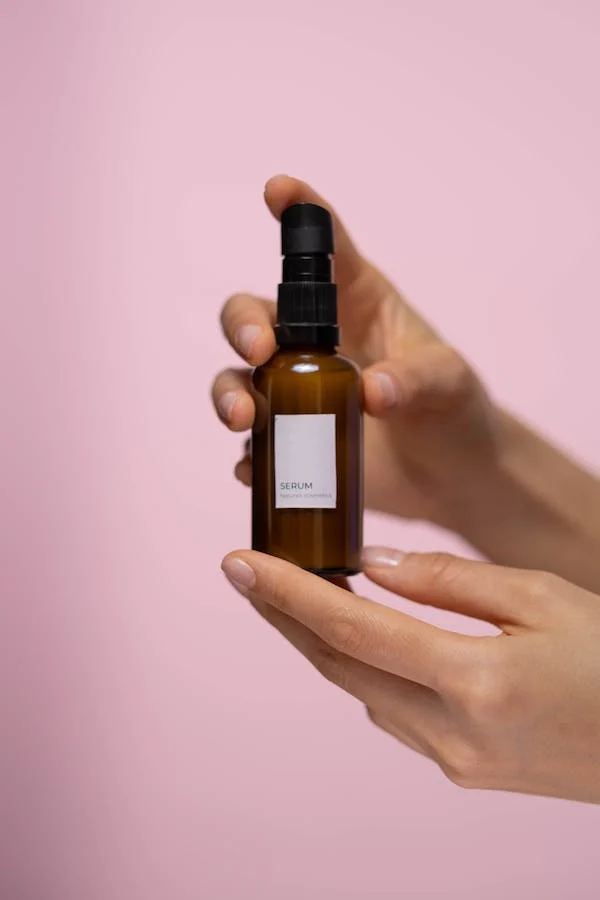
Any entrepreneur establishing their own skin care brand or cosmetics business should understand the value of branding. Any good product line relies heavily on brand reputation and perceived value. In addition, clients need to trust the brand.
Branding effectively helps to differentiate products in the saturated market. Think how many hair care, foundations, face masks, serums, and similar products are in the market; thousands. Branding is what separates a company’s products in the market.
Branding establishes an emotional connection with the consumers which can lead to customer loyalty. The right branding can help clients recognize skin care products or cosmetics easily. It also makes selling new products easier.
Branding Strategies and Techniques Used by Private-Label Skin Care Brands
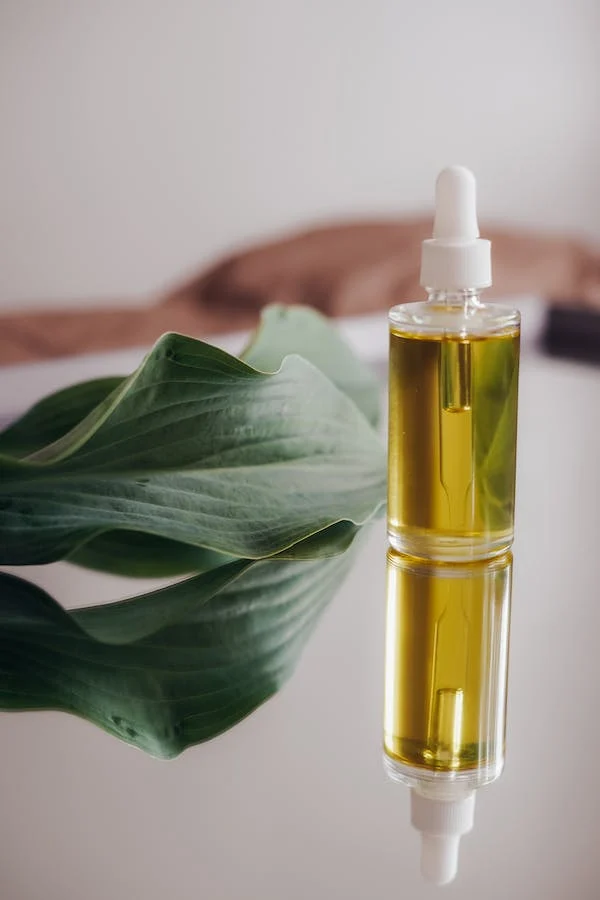
Emphasize product efficacy
Many private-label skincare brands highlight the effectiveness of the products, backing them with scientific research, clinical studies, and customer testimonials. Brands emphasize using high-quality ingredients, collaboration with medical offices, and dermatologist-recommended formulations to build trust and credibility.
Use natural and organic messaging
There is a growing demand for natural and organic products as more consumers become eco-conscious.
Private labels emphasize using clean ingredients, cruelty-free formulations and processes, sustainable practices, and eco-friendly products and practices to resonate with environmentally-conscious clients.
Address specific skin concerns
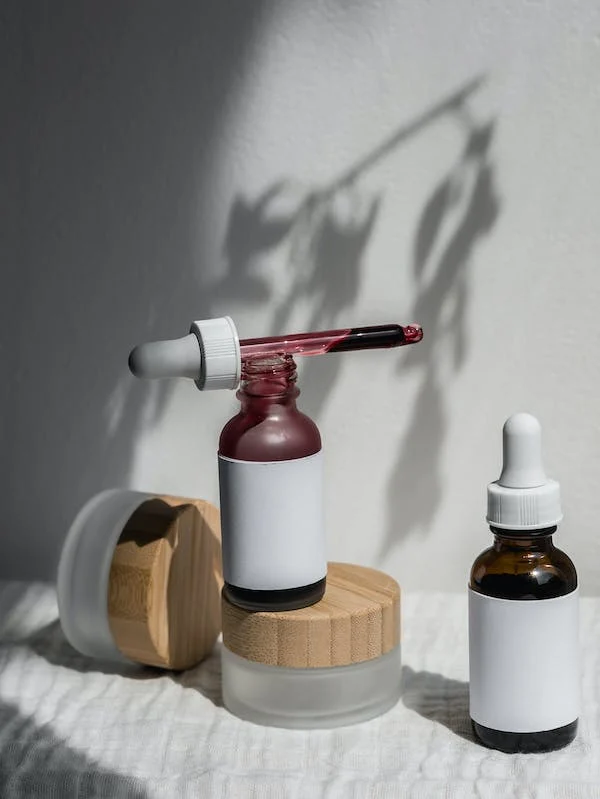
In a saturated market, private labels need to differentiate themselves. It is why most companies target niche markets by addressing specific concerns. Some brand their skincare products specifically for anti-aging purposes, acne-prone skin, sensitive skin, people with eczema, hyperpigmentation, etc.
Leverage influencer marketing
The power of social media and influencers is notable in the digital age. This is why many successful private labels selling skincare products collaborate with beauty bloggers, influencers, and skincare experts. It amplifies the brand’s visibility and credibility while improving product sales.
Branding Strategies and Techniques Used by Private Label Cosmetic Brands
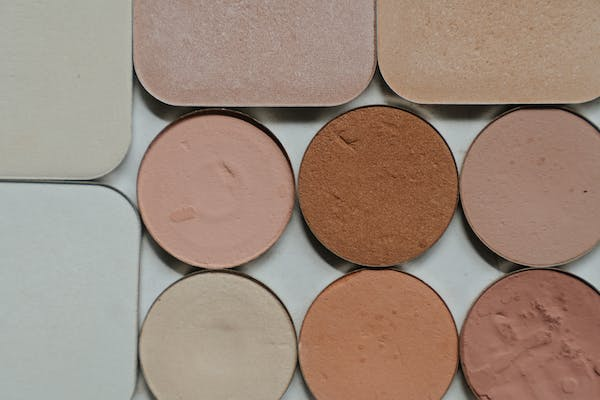
Align with current beauty trends
Private labels in the cosmetics industry strive to stay on top of emerging beauty trends and incorporate them into their branding and product offerings.
For example, limited edition sets, collaborations with trending influencers, and participation in trendy events such as fashion weeks. It helps showcase relevance and innovation in the fast-paced industry, linking these characteristics to the brand.
Engage with user-generated content

Private labels engage with consumers via social media and other online platforms, encouraging them to share makeup looks and experiences using their products and branded hashtags.
The businesses then feature user-generated videos, stories, and pictures on their platforms to foster a sense of community. It helps increase brand engagement while showing the versatility and quality guarantee of the products.
Focus on creativity and self-expression
Private labels often spotlight the capability of their products to create versatile and unique looks. The businesses emphasize innovation, diverse options, and vibrant colors that cater to various styles and preferences. It helps customers view the brand as an advocate for self-expression and art.
Showcase diverse representation
Modern beauty branding highly values inclusivity and diversity. That is why more private labels prioritize representing a wide range of genders, skin tones, body types, and ethnicities in marketing campaigns. It helps create a sense of inclusiveness among consumers, thus resonating the brand with a broader consumer base.
Final Thoughts
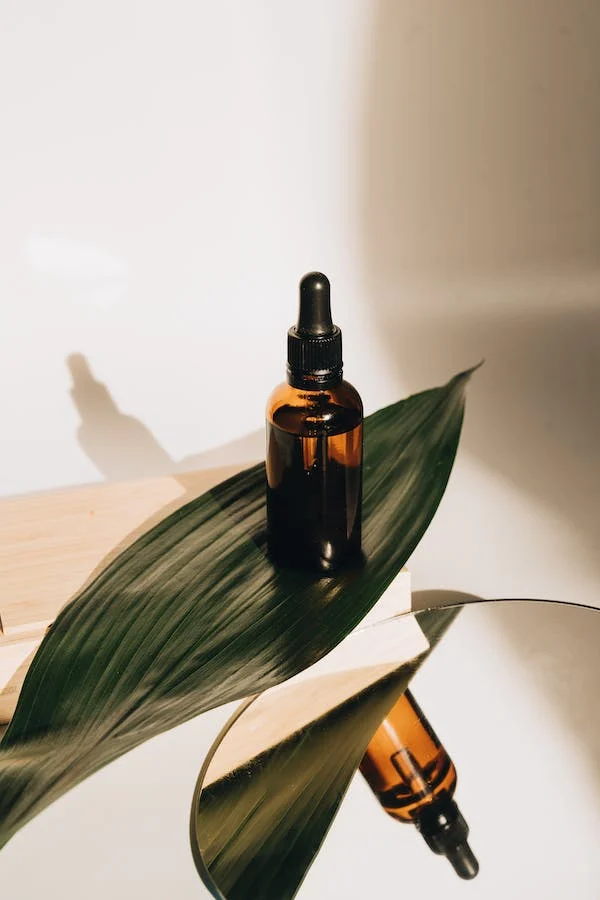
Branding plays a key role in capturing consumer attention and establishing a successful business. Entrepreneurs must understand and implement effective branding techniques to succeed.
By customizing offerings, addressing specific consumer needs, and leveraging influencers and trends, private labels can carve their place in the market and build a loyal customer base.
Stay Connected
Choose your favourite social media channel to stay up to date with Aurora Global Brands and its activities

